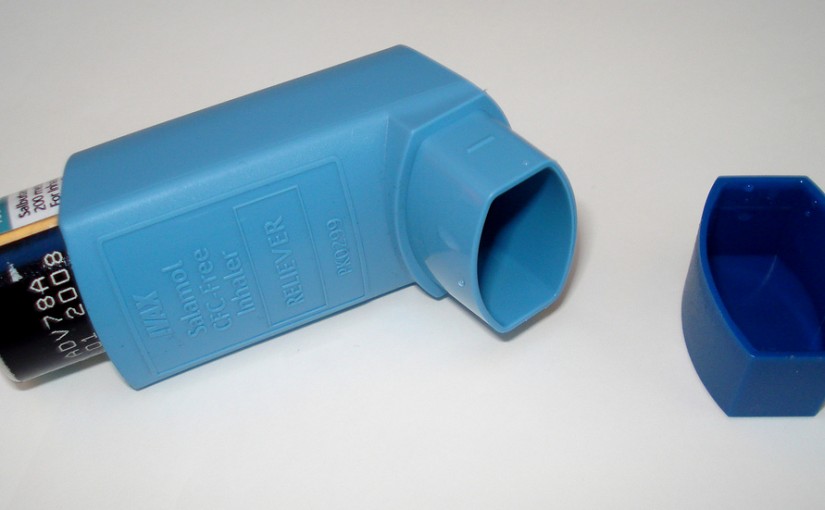Tag: Medical
-

Is Texting Bad for your Health?
Before you pick up your cell phone to send your next text, read this article. Texting may be harming your health in some surprising ways. We all know that texting while driving is not safe, and may cause unnecessary accidents as drivers are completely distracted by their phones, even those who say they can still…
-

How Much Sleep is Enough?
Do you have a friend who says they can function on four to six hours of sleep? If so, you might have wondered if this is true. Can people really get by on so little sleep? How much sleep do humans need to function optimally? The short answer is seven to nine hours a night.…
-

Supporting a Loved One Through Breast Cancer
When you have a loved one who is diagnosed with breast cancer, it is often hard to know how to help. You may feel lost, hurt, angry or fearful while feeling you have to keep it together for them because they are going through so much. Knowing what to say can also be hard, as…
-

Fever: When to Seek Help
Fevers are miserable. Just moving takes effort, you lie in bed either too hot or too cold, and you may feel dizzy and clammy but fevers also have a purpose. They are your body’s way of fighting infection. Fevers are a sign your body’s immune system is working as it should. However a fever can…
-

5 Ways to Up Your Daily Water Intake
Health professionals agree. Drinking sixty-four ounces of water per day is vital for your health. This amount of water keeps all of the body’s systems running efficiently. However, getting the necessary amount of water is not always easy, especially for people who do not like the taste. If you are one of those people, or…
-

Music As Therapy: The Healing Power Of Music
For ages, people have turned to music to get excited, calm down, share experiences, and more. Over time, scientific research has shown that this natural affinity for tunes is much more than a feeling—music can have powerful healing qualities. Music therapy applies those scientific findings to enhance music’s power and help people heal to improve…
-

Eating Right For Asthma
If you have asthma, you probably have an inhaler which you use for daily relief of your symptoms or for emergency asthma attacks. You probably also avoid smoke or other substances that can trigger the coughing, wheezing misery of an asthma attack. You probably are also careful when you exercise. What you might not have…
-

Ways to Relax
Let’s face it, life is busy. Sometimes it catches up with us, leaving us feeling stressed and overwhelmed. When this happens, you need a way to fight back. Fortunately, even just a few minutes can be enough to help you recharge. Here are 26 ways to relax. Breathe Take 5 deep breathes, give it your…
-

Nausea: When To Seek Medical Advice
Nausea is very common symptom that is associated with a wide range of health conditions, referring to the physical discomfort that gives a person the feeling that they may be about to vomit. Often the cause of vomiting or nausea can be determined fairly easily by looking back at a person’s recent actions (such as…